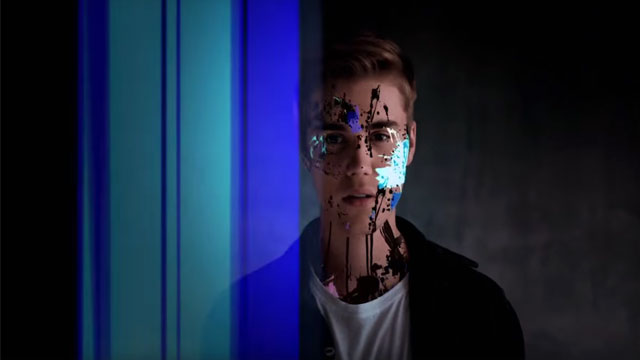Blade Runner 2049 spectacularly disappointed at the global box office. Perhaps the science-fiction film won’t disappoint at the Oscars. While tickets sales were dismal, the critical and audience reception was strong. No one can deny the film reflects brilliant cinematic artistry and brilliance. Oscar nominations definitely would be deserved. Whether the film wins any Academy Awards remains to be seen.
The failure of the $150 million sequel to the 1982 classic continues the “curse” of the Blade Runner cinematic universe. The original film did poorly at the box office. Considered too dark and depressing, Blade Runner did not connect with audiences. Another issue was science-fiction seemed to only sell when a film was a space opera or an adventure. Blade Runner’s roots drew from film noir.
Over the decades, the original film built up a cult following. The motion picture captured fans one-by-one through home entertainment, cable, and revival theater screenings. Harrison Ford would go on and become a major global star. In the 1980’s and 1990’s, Blade Runner VHS rentals included customers who simply wanted to see more of Mr. Ford and gave the odd sci-fi feature a try.
All this developed into a belief a strong worldwide audience existed for the continuing adventures of the Blade Runner mythos. An investment of $150 million into just the production budget shows the studio had a lot of faith in the project. The U.S. domestic return of only a little more than $30 million fell below disastrous Terminator reboot levels. The audience for dark sci-fi noir simply does not exist.
Oscar nominations might spur a little extra home entertainment revenue, but the amounts won’t be eough to dramatically curtail the project’s losses. Could there be more Blade Runner projects in the future? Likely, there will be. Cult science-fiction projects have a tendency to be reborn time and time again.







